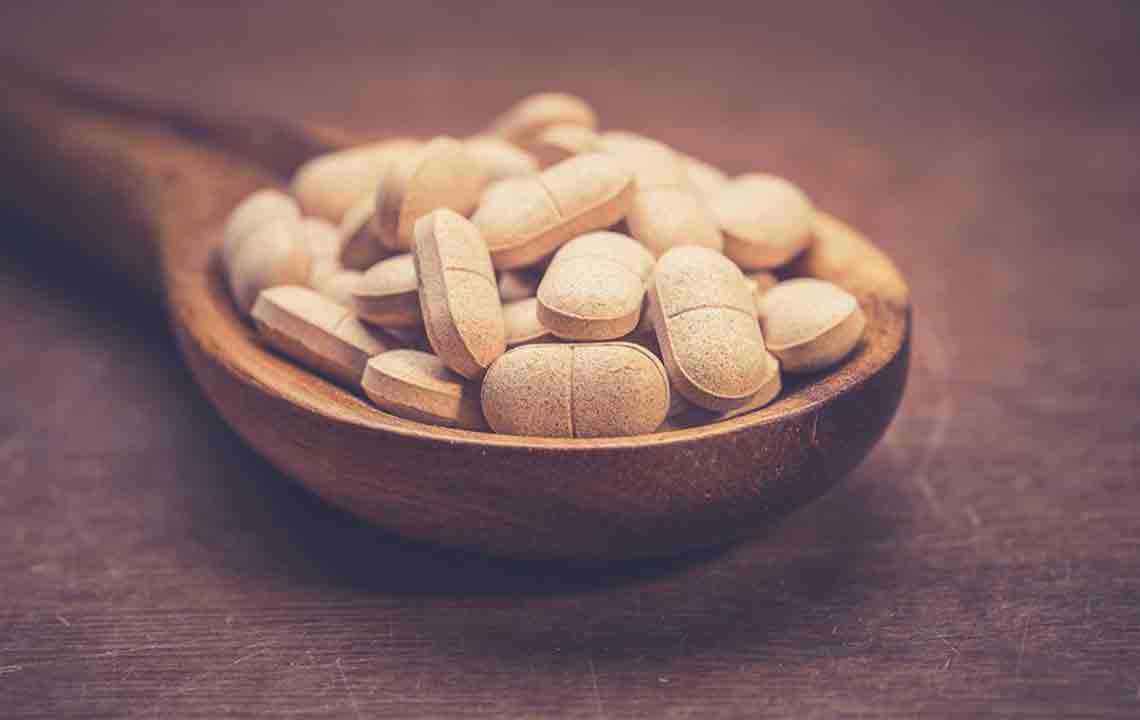An Insight into the Top-rated Fiber Supplements
Fiber is a type of dense carbohydrate which is indigestible in plant food. It is an essential component that provides a range of health benefits; for example, it lowers cholesterol, keeps blood sugar steady and helps you lose weight. Further, it aids in normalizing bowel function and prevents constipation. Still, most of the people don’t come anywhere close to getting enough of this essential nutrient.
Studies suggest that men and women must consume 38 grams and 25 grams of fiber respectively, every day.

Some food that are rich sources of fiber include lentils, split peas, beans, black beans, raspberries, and artichokes. Consuming these natural fiber-rich foods would satisfy the recommended daily intake requirement. But if this requirement is not met and you are suffering from the consequences, opting for the best fiber supplements could be of help.
Types of fiber
Typically, there are two types of fiber: soluble and insoluble. The water in your food is absorbed by soluble fiber which eventually slows down digestion. It’s also been shown to help reduce LDL that is bad cholesterol. On the other hand, insoluble fiber clears out of our system in its original form as it neither absorbs nor dissolves in water. Both are beneficial for the body.
Our picks of fiber supplements
Here’s a list of the best fiber supplements on this list that you can check out.
Inulin (Fiber Choice)
Inulin is a kind of prebiotic fiber that prompts notable and affirmative changes in the bacterial count of the colon, which plays an important role in nutrient absorption. They even produce hormones related to appetite and anxiety. The chewable capsule that consists Inulin in it forms an excellent natural supplement for dietary fibers (100 percent soluble fiber).
Psyllium (Metamucil)
Psyllium is made from the coverings of the seed of the plant named Plantagoovata. Psyllium can benefit in proper digestion as it contains 70 percent soluble fiber. This passes through the gut almost intact as it also contains some insoluble fiber. It is one of the most popularly used ingredients for treating digestive problems across the globe.
Methylcellulose (Citrucel)
Methylcellulose is another conventional soluble fiber, which is made from cellulose, an essential structure in plants. It varies from psyllium because it does not ferment, that means it’s less likely to contribute to gas or bloating. Methylcellulose is most frequently found on the shelves in products like Citrucel with Smart Fiber, which is found in powder form and is 100 percent soluble fiber.
Wheat Dextrin (Benefiber)
Wheat dextrin, or commonly known as Benefiber, is a byproduct which is manufactured out of the corn plant. It can dissolve in both hot and cold liquids. It helps regulate your digestion like most soluble fibers and stabilize blood sugar levels. This is one of the best fiber supplements as it contains only soluble fiber.
Conditions influenced by fiber consumption
Fiber intake is not only essential for digestion, but for overall health. Increasing your intake can prevent and improve a wide variety of medical conditions like type 2 diabetes, weight loss, diverticulitis, food intolerance and irritable bowel syndrome, coronary heart disease, colorectal cancer, bloating, constipation and chronic diarrhea.
Don’t forget to counsel
Patients choosing to use fiber supplements would be notified that they would have to reduce the consumption of many pharmacologic agents. They would always be advised not to take supplements within 2 hours of taking other medications, and are advised communicate with their doctor in case of any concerns.
A word of caution
At the onset of consuming fiber supplements, the patient should practice a progressive yet slow approach to the intake of the supplements over the span of a week. This will help to avoid or reduce adverse effects such as intestinal flatulence, diarrhea, bloating, and cramping. Sufficient water intake is advisable because insufficient fluid intake can lessen the effectiveness of the supplement and may cause esophageal or intestinal obstruction.
Patients who already suffer from medical conditions should take safety measures and discuss the use of best fiber supplements with their primary healthcare provider. Patients with stenosis, intestinal ulcerations or disabling adhesions should avoid fiber supplements because of the possibility of intestinal obstruction or fecal impaction.
Increasing your dietary intake of fiber is considered safe for most people. But, if you plan to take fiber supplements, you should start with small amounts of the same to minimize problems with gas. Also, be sure to drink plenty of fluids every day. Talk to your doctor before adding the best fiber supplement to your diet it is imperative you ask your physician or pharmacist whether the best fiber supplements interact with any medications you take to prevent any side-effects.